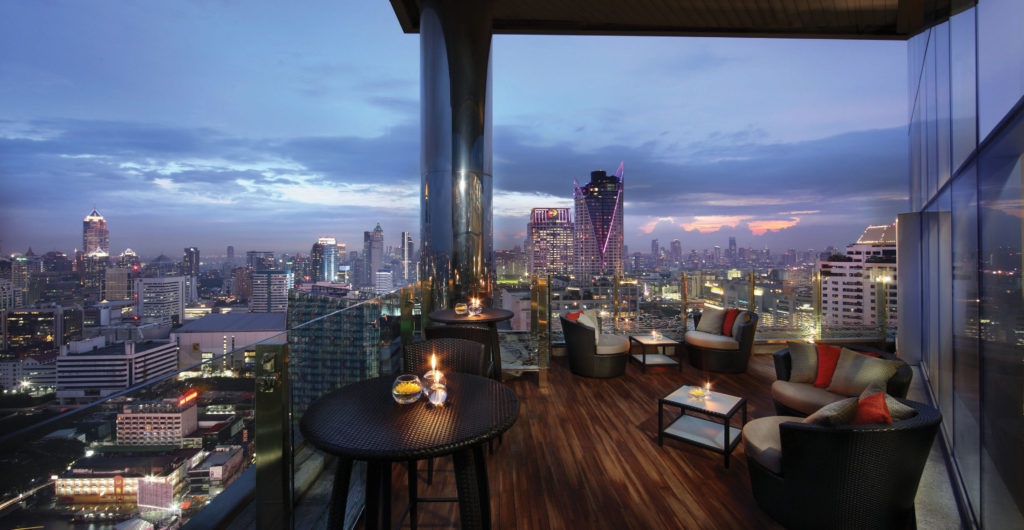Asian arrivals are filling up rooms in Bangkok, but while occupancy is strong, room rate growth isn’t because of the changing market mix, writes Raini Hamdi

Thailand has risen from a quagmire in 2014 to “beyond recovery” as the “new leader” in South-east Asia, according to Jesper Palmqvist, area director Asia-Pacific, STR Global. From a slump of 6.4 per cent in 2014, thanks to the military coup in May that year, arrivals rose to nearly 30 million last year, a 20 per cent rise.
But recovery has many facets. Underpinning the growth are low-yield series group tours from markets such as China and South Korea. The high-yield MICE business, especially large congresses, has never fully recovered from the political problems and coup in 2014; this market works on long lead times and there are issues – for instance, many US corporates and associations shy away from holding a large event in country with a non-elected, military government, said a source.
“Tourism to Thailand is growing but it is ever more dependent on Asia,” said David Cumming, Onyx Hospitality Group’s vice president & area general manager Bangkok and chairman of the British Chamber of Commerce Tourism Committee.
“Things need to be done to make the city a real MICE hub once again as, even though the medium MICE market is good, the large world congress events are not coming here.”
First quarter arrivals data show continued swarms of Chinese tourists – a staggering 31 per cent increase to 2.6 million over 1Q2015. Total arrivals rose 15.5 per cent to more than nine million.
Highlighting the challenge this poses, Bill Barnett, managing director, C9 Hotelworks, said: “Forward booking windows in this (China) market are increasingly getting shorter and hotels often throw down rates instead of focusing on demand and yield management. This inevitably results in a domino effect across the market and rate growth is muted.”
Peter Caprez, cluster general manager at JW Marriott Hotel Bangkok, said managing the business mix with the right price at the right time has become important.
“Rate yielding is necessary to drive higher average rate especially on peak dates,” he said.
But that’s easier said than done. Richard Chapman, general manager of Sheraton Grande Sukhumvit, said: “Rates are being heavily affected not only by supply and demand, but by the change in booking behaviour. The booking lead time has gotten shorter and shorter. Many online channels have launched special offers for same-day bookings. While the initiative was designed to support the sale of unsold rooms at the last minute, it has become more of a trend to wait for last-minute deals. With Bangkok having a substantial increase in the number of inbound flights and with over 1,000 hotels to choose from, guests feel comfortable in always finding a room. This further reduces the booking window and causes discounted pricing.”
With the changing market mix, luxury hotels have had to be flexible with rates to maximise revenues as a result of a drop in demand by the original five-star guests but a significant increase in demand for lower category of hotels, he said.
This article was first published in TTG Asia, June 3, 2016 issue, on page 32. To read more, please view our digital edition or click here to subscribe




















